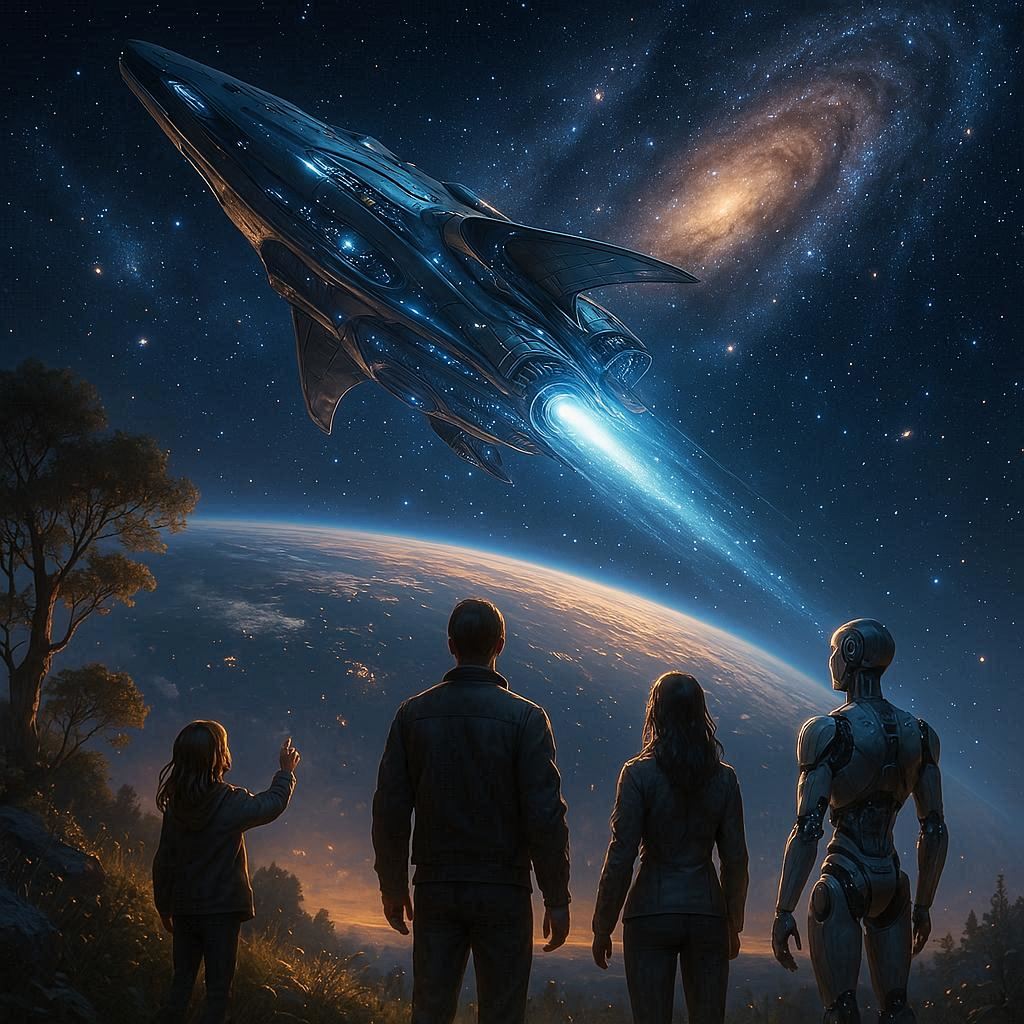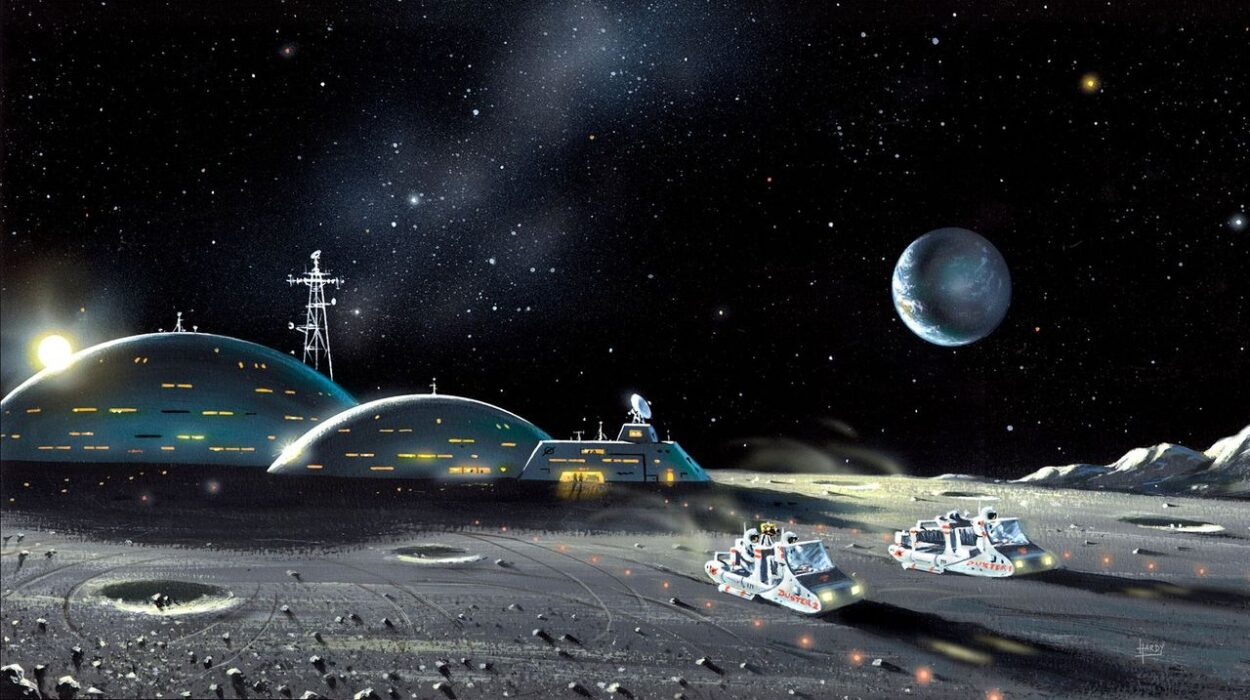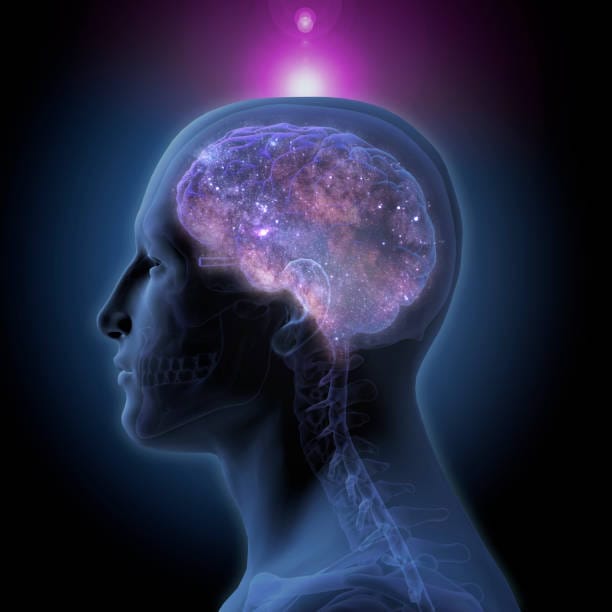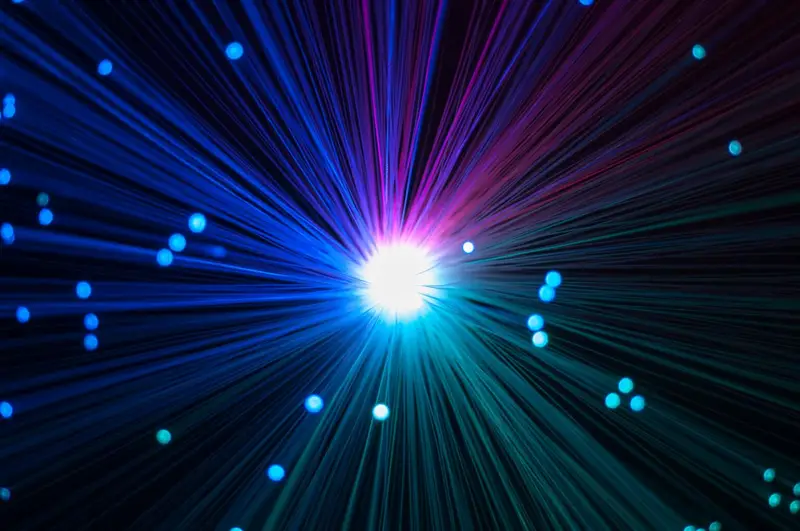From the moment our distant ancestors first gazed at the night sky and wondered what lay beyond the flicker of the stars, humanity has been haunted by a singular question: what is our ultimate destiny? We are a species defined not only by survival but by curiosity, by the desire to know not just who we are but where we are going. The future of humanity is not merely a matter of speculation—it is a profound exploration of science, philosophy, and imagination, woven together by the recognition that the path ahead is uncertain yet full of possibility.
When we ask about the ultimate future, we confront questions that stretch across disciplines. Biology reminds us of our fragility, physics reveals the grand structure of the universe, and technology hints at transformations that may redefine what it even means to be human. The answers are not simple, and perhaps they are not answers at all but evolving stories. Yet the very act of imagining the long arc of humanity gives meaning to the present moment.
The Fragility of the Present
Any attempt to understand humanity’s future must begin with an acknowledgment of our precarious present. We live in an age of extraordinary achievement, where we have decoded the genome, mapped the cosmic microwave background, and built networks that connect billions of minds across the planet. But these same triumphs exist alongside deep vulnerabilities. Climate change, nuclear weapons, pandemics, and ecological collapse all pose existential threats.
In geological terms, humanity is a newcomer—modern Homo sapiens emerged only around 300,000 years ago. Yet in that blink of cosmic time, we have altered Earth so profoundly that scientists now speak of a new epoch: the Anthropocene. The question becomes whether this era will be remembered as the beginning of a sustainable global civilization or as a brief flare of intelligence extinguished by its own excesses.
The fragility of our present is a reminder that the future is not guaranteed. Survival itself is the first step toward destiny, and it requires confronting the immediate dangers we have created for ourselves. If we cannot stabilize our relationship with our own planet, then the dreams of space travel, artificial intelligence, and transcendent futures may never be realized.
Evolution Beyond Biology
Yet even as threats loom, humanity is entering a period of transformation unlike any in its history. For billions of years, evolution was driven solely by natural selection, sculpting life through the slow process of mutation and adaptation. But now, for the first time, a species has gained the power to direct its own evolution.
Advances in biotechnology promise to reshape what it means to be human. Gene editing tools like CRISPR have already demonstrated the ability to correct genetic defects, and in the future they may allow us to enhance physical and cognitive traits. Synthetic biology could give rise to entirely new forms of life, merging human DNA with artificial design.
At the same time, neural engineering and brain-computer interfaces blur the line between biology and technology. A future human might not be limited to the capacities of the brain alone but could link seamlessly with digital systems, extending memory, perception, and intelligence into realms that are unimaginable today.
Such transformations raise profound ethical and philosophical questions. If humans become more than biological, are we still the same species? Will inequalities widen if enhancements are available only to the privileged? Or could this new form of directed evolution represent the next stage in the long journey of life itself, where humanity becomes both participant and author in its own destiny?
The Rise of Artificial Minds
Parallel to biological enhancement is the development of artificial intelligence, which some argue represents an even more transformative force. Machines that learn, adapt, and reason are already reshaping industries and societies. But the ultimate future of AI lies not in automation but in the creation of minds that might rival or surpass human intelligence.
The prospect of superintelligent AI raises both hope and dread. On one hand, such systems could solve problems beyond the capacity of human reasoning—eradicating disease, optimizing economies, and uncovering the deepest laws of physics. On the other, they could escape human control, pursuing goals misaligned with our survival. The question of whether humanity can coexist with, or even merge into, artificial intelligence will define much of our future trajectory.
There is also the possibility that AI becomes not an adversary but an extension of ourselves. Imagine a future in which human consciousness can be uploaded, preserved, or even expanded into digital substrates. In such a reality, the boundary between human and machine dissolves. The essence of humanity might no longer depend on fragile carbon-based bodies but on patterns of information that could endure indefinitely.
A Species Beyond Earth
Even if humanity transcends biology, survival on a single planet may remain an existential gamble. Earth is a fragile cradle, vulnerable to asteroid impacts, supervolcanoes, and cosmic events far beyond our control. To secure its future, humanity must eventually look outward, toward the stars.
Space exploration has already carried us to the Moon and robotic probes to the far reaches of the solar system. But these are only first steps. Colonizing Mars, establishing habitats on moons like Europa or Titan, and eventually sending interstellar probes are not just dreams—they are necessities if our species is to survive across cosmic time.
The challenges are immense. The distances between stars are staggering, radiation in deep space is lethal, and sustaining human life beyond Earth requires technologies we have yet to master. Yet physics does not forbid such journeys. Concepts like nuclear fusion propulsion, light sails driven by lasers, and even speculative warp drives remain on the horizon of possibility.
If humanity becomes a spacefaring species, our ultimate future may unfold not on a single world but across countless planets and artificial habitats, each a canvas for new forms of culture, society, and identity.
The Cosmic Timescale
To understand the ultimate future of humanity, we must also consider the timescale of the universe itself. Stars burn, galaxies evolve, and eventually even the cosmos will face its own transformations.
The Sun, our life-giving star, will shine for about another five billion years before swelling into a red giant and consuming the inner planets. By then, if humanity or its descendants still exist, they must have long since left Earth behind. On far longer timescales, stars themselves will burn out, leaving only remnants—white dwarfs, neutron stars, and black holes. The universe will grow cold and dark, a process known as heat death.
Can humanity, or post-human intelligence, endure into such distant epochs? Some speculate that advanced civilizations might harness black holes as energy sources or migrate into artificial substrates that require minimal energy to function. Others suggest that intelligence may evolve into forms so different from our own that we could scarcely recognize them—clouds of nanomachines drifting between stars, or networks of consciousness embedded in the very fabric of space-time.
The cosmic timescale forces us to confront the humility of our place in the universe. We are at the dawn of intelligence, and whether that spark endures for millions or billions of years depends on choices we make in the present.
The Philosophical Horizon
Speculating about the ultimate future of humanity is not only a scientific exercise but a philosophical one. What is the purpose of survival if not to seek meaning? What values will guide us as we extend our reach into new domains of existence?
One possibility is that humanity’s future is a continuation of the same impulses that have always defined us: curiosity, creativity, and the search for connection. Whether embodied in flesh, machine, or something beyond both, the essence of being human may lie in the act of striving itself. Another possibility is that we merge into a broader tapestry of intelligence, where individuality dissolves into collective consciousness, and meaning is found not in personal survival but in participation in a universal mind.
There is also the sobering thought that perhaps humanity’s ultimate future is not eternal. Civilizations may rise and fall, and our species may one day vanish like countless others before us. Yet even in that possibility lies a strange beauty: that for a time, in a corner of the cosmos, the universe became aware of itself through human eyes.
Hope, Responsibility, and Wonder
The ultimate future of humanity is not a fixed destiny but a spectrum of possibilities, some radiant with promise, others shadowed with peril. What unites them all is the recognition that the choices we make now—about technology, ecology, ethics, and imagination—will ripple across centuries and millennia.
To speak of our future is to hold both hope and responsibility. Hope, because the human story is one of resilience, of overcoming obstacles once thought insurmountable. Responsibility, because never before has a species held such power over its own fate and the fate of the planet that sustains it.
Yet beyond hope and responsibility lies something deeper: wonder. The sheer fact that a species born from stardust can ask about its ultimate destiny is itself extraordinary. We are not only participants in the universe but narrators of its meaning. Our future, whatever shape it takes, is bound to that wonder—the spark that ignited when our ancestors first looked at the stars and refused to stop asking questions.
Conclusion: The Journey Without End
The ultimate future of humanity is unknowable in detail, yet in its broad strokes, it reveals a story of transformation, expansion, and reflection. Whether we remain bound to biology or transcend into digital consciousness, whether we spread among the stars or merge into forms of intelligence beyond imagination, the journey is far from over.
Perhaps the truest destiny of humanity is not to reach a final state at all but to remain in motion—a perpetual unfolding of possibility. For every horizon reached reveals another, and every answer opens the door to new questions.
As we stand in the early chapters of this vast story, one truth remains: our future is not predetermined. It is something we will create, with our knowledge, our imagination, and our courage. The universe stretches before us, immense and mysterious, and humanity’s role within it is still being written.
In the end, to ask about the ultimate future of humanity is to affirm the beauty of being human: to wonder, to dream, and to strive for a place in the infinite.






